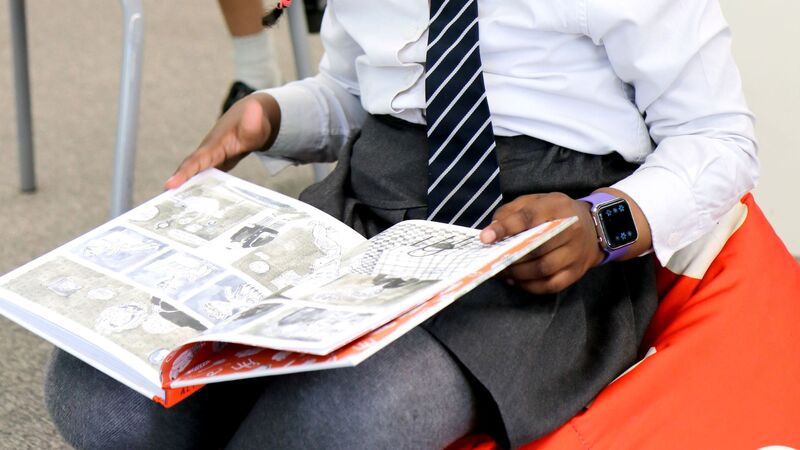You are viewing your 1 free article this month. Login to read more articles.
Borsenverein figures break down Germany's book sales for 2016
Sales of books and journals in Germany across 2016 were up marginally for the first time since 2013, according to data released by trade association Börsenverein des Deutschen Buchhandels in time for the annual industry conference Buchtage starting tomorrow (13th June) in Berlin. The increase was 1% to €9.28bn. “The market has been stable and innovative amidst massive changes in the media landscape,” commented c.e.o. Alexander Skipis.
While the overall figure was widely in line with expectations, the breakdown gives brick-and-mortar booksellers reason for concern. Even though they remained by far the largest sales channel, turnover was down 0.8% on the previous year to €4.39bn, with their market share declining accordingly to 47.3% (2015: 48.2%).
The big winner was the internet. In 2014 and 2015 stationery booksellers had performed better than the online competition, but last year the table was turned by quite some margin: internet sales – including the online business of stationary booksellers - grew 5.3% to €1.69bn, with the market share rising from 17.4% to 18.2%.
E-books have further established themselves, but on a much more moderate scale than in the US or UK. According to Börsenverein, the market share of electronic books (again excluding school books and textbooks) rose marginally from 4.5% to 4.6%.
Alarm bells are ringing in the industry because the decline in stationery sales was largely due to notably lesser footfall on the shop floor. Last year 30.8 million Germans bought at least one book. Compared to 33.1 million a year earlier, this constitutes a decline of 6.9%. Those who buy books in the shops tend to buy more, though: 12.2m books were sold compared to 11.5m in 2015. How to counter the downward spiral and make city centres more attractive for shoppers will be a major topic during this week’s conference in Berlin.
German publishers continue to publish less new releases – 72,820 (-4,9%) compared to 76,547 in 2015. But the number of translations which always feature strongly in Germany has increased yet again: from 9,454 to 9,882, up 4.5%. Fiction remained by far the strongest category, even though its market share was down marginally by 0.5 to 31.5%. Children’s and YA had a stellar year, increasing its market share by an astonishing 9% to 16.5% ahead of self-help books (14.5%) and science (11.1%).
2017 has delivered mixed results so far. After a weak first quarter which saw sales slide 4.5%, the latest figures are showing a distinct upward curve. April was up 7% according to the monthly sales trend compiled by trade paper Buchreport and Media Control. May followed suit with growth of 6.4%, the strongest showing for this month since 2009. After five months the deficit has been reduced to 0.3%.

















